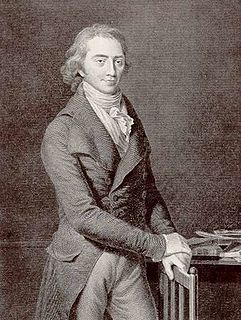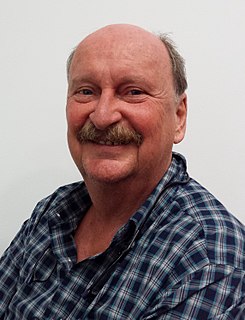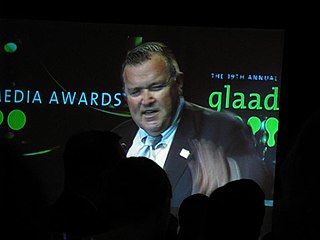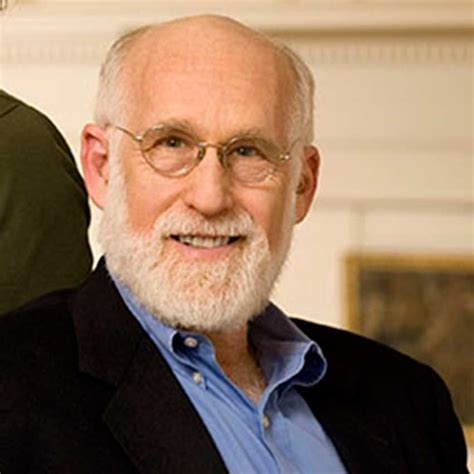A Quote by Ramakrishna
The physicians of one class feel the patients and go away, merely prescribing medicine. As they leave the room they simply ask the patient to take the medicine. They are the poorest class of physicians.
Related Quotes
It is simply no longer possible to believe much of the clinical research that is published, or to rely on the judgment of trusted physicians or authoritative medical guidelines. I take no pleasure in this conclusion, which I reached slowly and reluctantly over my two decades as an editor of The New England Journal of Medicine.
Medicine is a social science, and politics is nothing else but medicine on a large scale. Medicine, as a social science, as the science of human beings, has the obligation to point out problems and to attempt their theoretical solution: the politician, the practical anthropologist, must find the means for their actual solution. The physicians are the natural attorneys of the poor, and social problems fall to a large extent within their jurisdiction.
It takes approximately forty years for innovative thought to be incorporated into mainstream thought. I expect and hope that orthomolecular medicine, within the next five to ten years, will cease to be a specialty in medicine and that all physicians will be using nurition as an essential tool in treating disease.
The notion that only those who preach the gospel of integrated medicine are able to perform the art of medicine is as ridiculous as it is insulting to everyone in healthcare who does his/her best to meet the needs of their patients. The assumption that unproven or disproven treatments become acceptable simply because they are often administered in a kind and caring fashion is quite simply not true.
I talked to over two hundred patients and family members about their experiences with aging, serious illnesses, and the big unfixables. But I also spoke with scores of physicians, and especially geriatricians, palliative care doctors, hospice nurses, and nursing home workers. The biggest thing I found was that when these clinicians were at their best, they were recognizing that people had priorities besides merely living longer. The most important and reliable way that we can understand what people's priorities are, besides just living longer, is to simply ask. And we don't ask.
The freedom of patient speech is necessary if the doctor is to get clues about the medical enigma before him. If the patient is inhibited, or cut off prematurely, or constrained into one path of discussion, then the doctor may not be told something vital. Observers have noted that, on average, physicians interrupt patients within eighteen seconds of when they begin telling their story.








































